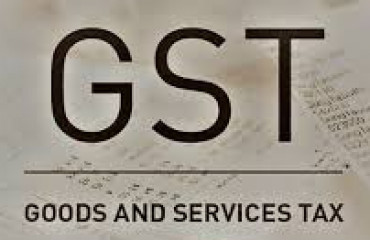
The Supreme Court on Thursday ruled that recommendations of the Goods and Services Tax (GST) Council are advisory in nature and not binding on either the Central government or states; the latter, the apex court held, retain their powers to legislate on taxes.
The Supreme Court on Thursday ruled that recommendations of the Goods and Services Tax (GST) Council are advisory in nature and not binding on either the Central government or states; the latter, the apex court held, retain their powers to legislate on taxes. The 101st amendment to the Indian Constitution, by which GST was ushered in, did not explicitly bar states from levying taxes. And GST is just another tax.
So far, the council has been seen as an authoritative apex body for the GST regime we adopted in mid-2017. With the court's order, opposition-run states could now be tempted to explore their independence in raising revenues, worsening the cause of cooperative federalism, already hurt by a wrangle over GST compensation. On the other hand, a spirit of consensus that has broadly guided the council since its inception could prevail over a splintering of a tax regime promoted as unifying India into a single market for taxation. If not, the Centre may perhaps seek to plug the legal gap that has put GST at the risk of fragmentation. A sensible way ahead would be for all finance ministers to sit down and discuss GST reforms on the basis of first principles.
